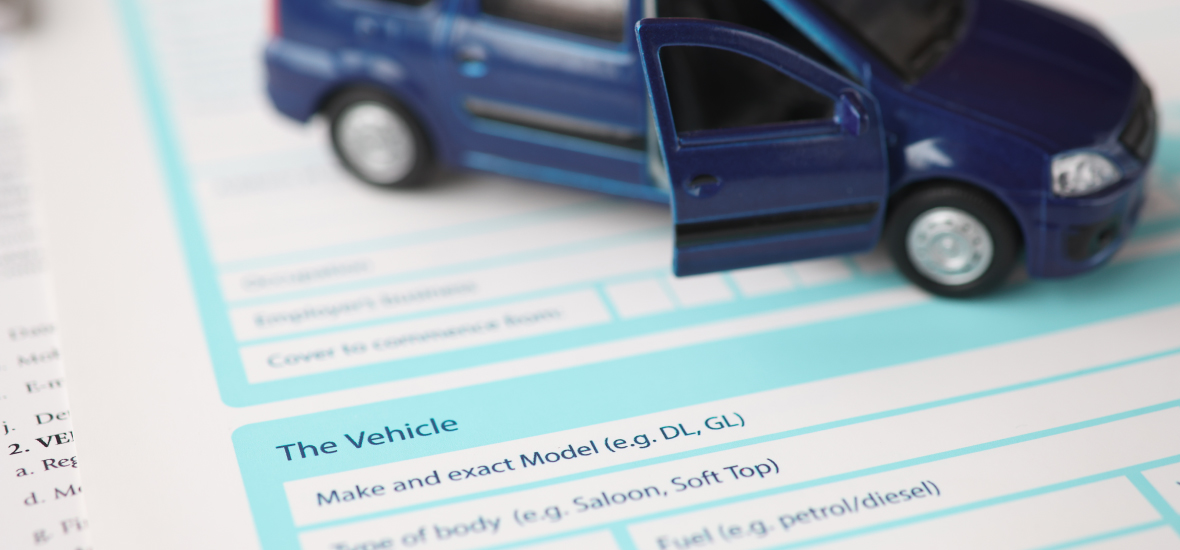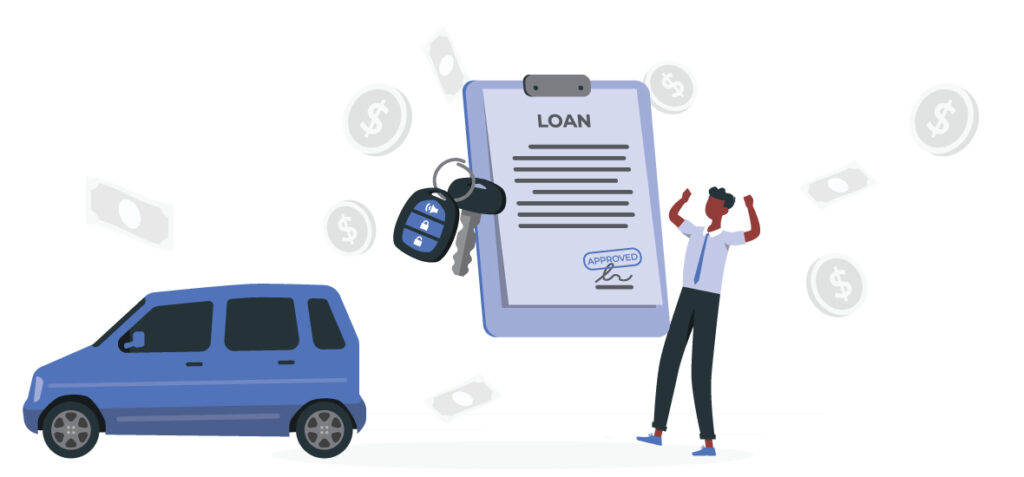
How To Refinance Your Car Loan In 5 Steps
When taking a car loan for the first time, many people don’t qualify for competitive rates so they just go for the one they can get. This is because many auto dealers usually mark up the interest rate depending on your credit score. This means that you may have to pay more the first time you take a car loan. However, a good way to reduce your interest rate is to refinance a car loan.
Refinancing your car loan can help to reduce the amount of money you can buy monthly or the overall amount you will pay over the loan. This is because refinancing your car loan makes you qualified for competitive rates. So when refinancing the current loan, you will get a more competitive rate. Don’t know how to go about it? Here are steps to guide your way through the process.
Find Out if Refinancing is What You Really Need
The key to knowing if you need to refinance your car is if it will help you save money. Usually, there are only two main reasons why anyone would want to refinance their car loan:
- If you are struggling with payments and want to extend the repayment term.
- If you want a better rate
If you took out a car loan when you had a bad credit score or when the interest rate was high, you can decide to refinance the car loan to get a better rate. Likewise, if you are stretching your monthly budget and really struggling to pay the monthly repayments, you can refine the loan to get a longer repayment term.
Examine Your Current Loan
When refinancing a loan, you have to be aware of the payoff amount as most lenders have a minimum and maximum amount they will lend out. Therefore, you won’t be eligible for the loan if your payoff amount is lower than the lender’s minimum.
Knowing the interest amount you have been paying, your monthly repayment, and the cost of the loan after complete repayment is key to refinancing your car loan. You can take advantage of an auto loan calculator to do every necessary calculation before proceeding.
Check Your Credit Score
Before you start applying for the loan, be sure to check your credit score and history as those are leading factors lenders will consider when going through your application. Having a good credit score makes lenders see you as less risk and offer you a good rate. Your credit score will be your guide to finding the right lenders and also help you predict possible rates.
Get an Estimate of Your Car Value
Before proceeding with your plans to refinance a car loan, it is usually good to estimate the value of your car. This will help you determine if it is worth refinancing as many lenders won’t offer good rates if the car is not worth much. However, if your car is still new with low mileage or is almost paid off, refinancing could save you money.
Look for the Best Refinancing Rates
After making a decision to refinance, it’s good to look for the best refinancing rate as that can save you some money. It’s usually best to start with credit unions that you are familiar with as many financial institutions offer their existing customers discounts on interest rates. Since interest rates vary, compare the rates you get from various auto dealers and pick the best one for you.


